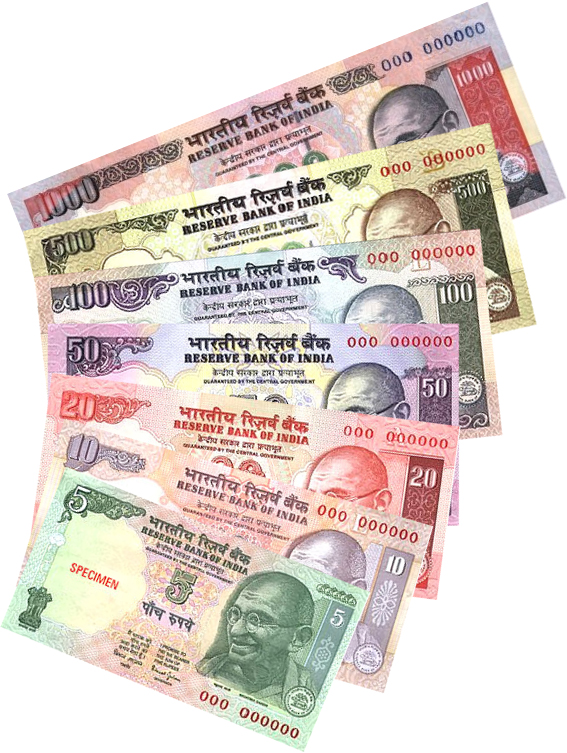Submitted by Diane Farsetta on

"We learned from the previous round," said the vice-president of marketing for Coca-Cola India, explaining why the company has been more successful in countering pesticide contamination claims in 2006 than it had been previously. In 2003, an independent research lab reported that "tests it conducted found dangerously high levels of pesticide revenue in soft drinks being sold across India." Coke and Pepsi "denied the allegations" and Coke "merely 'hinted at the issue' in its advertising," in an attempt to marginalize the claims. Soft drink sales plunged. In August 2006, follow-up tests by the same lab also found pesticide residue, but "Coke opted for a more aggressive marketing response," including newspaper ads, "safety guaranteed" stickers, public tours of Coke plants, and "a television advertising campaign featuring testimonials by influential celebrities." In one ad, movie star Aamir Khan "looked studiously at a test tube held by a man in a white lab coat inside a Coke bottling plant," before drinking a Coke on camera. Coke recently reported "the first uptick in sales in the country in eight quarters."
